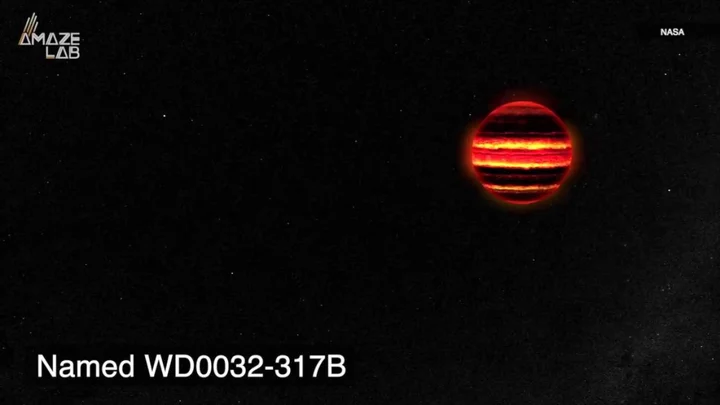Astronomers have just found out what planet in the universe is most dazzling and it is probably one you have never heard of.
Looking at how much planet's clouds reflect sunlight back into space, astronomers have found a planet called exoplanet LTT9779b which reflects 80 per cent of the starlight it receives, making it the shiniest known planet in the universe.
LTT9779b is slightly heavier and slightly larger than Neptune, and it is reflective because of the metallic glassy clouds that make up its atmosphere.
Sign up to our free Indy100 weekly newsletter
“Imagine a burning world, close to its star, with heavy clouds of metals floating aloft, raining down titanium droplets,” co-author James Jenkins, an astronomer at Diego Portales University and CATA (Santiago, Chile), said in a statement.
Vivien Parmentier, a researcher at the Observatory of Côte d’Azur (France) and co-author of the study added: "LTT9779 b can form metallic clouds despite being so hot because the atmosphere is oversaturated with silicate and metal vapours.”
So there you have it. Shame it doesn't have a very catchy name.
Have your say in our news democracy. Click the upvote icon at the top of the page to help raise this article through the indy100 rankings.









